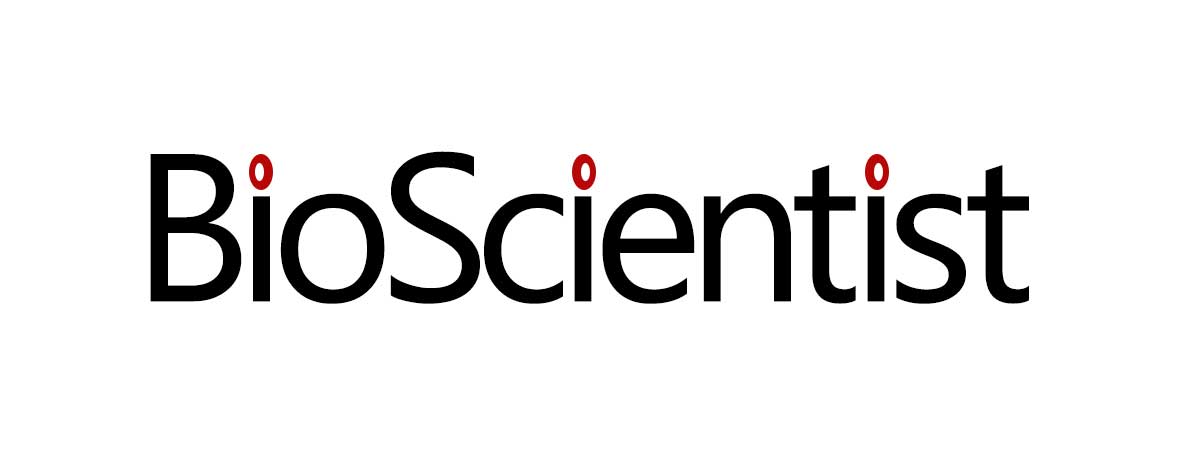I dropped out of university after two months in 2017 because I was struggling with my mental health. Now I have graduated and am a proud Salford alumnus.
As an autistic person, I struggled throughout school. I wasn’t diagnosed until 16, so was never given the appropriate support. However, even after my diagnosis I was left to figure things out for myself, because support for teenagers with autism is lacking.
I had a love/hate relationship with school and college. On the one hand, learning is something I genuinely enjoy, particularly English Literature and Science. On the other hand, having autism means I find everything to do with social communication completely alien, and it takes longer for me to process and make sense of information. I have a limit for how much I can take in before becoming overwhelmed and unable to do anything at all. So that made school and college quite difficult.
Autism is a neurological condition, but in other ways a physical one too. I spent months out of school and college, doing my learning from home because I was so physically and mentally unwell by just the thought of going in.
My literature tutors at college really encouraged me to study English at university, while my medical science tutor told me I would do well in a science degree. My family also believed I was going to pursue literature because it was the subject, I'd always been most praised in since primary school.
I chose to study Literature and Creative Writing at Salford - even though I did my best I was never happy during that time. I realised I didn’t really like the subject at this level, and I was hardly attending because of the toll it was taking on my mental health, so I knew I didn’t want to continue the degree.
Officially leaving took a while; there are hundreds of guides on how to get into university, but none on how to get out. It took a year and a half for me to work on my mental health and on living with Autism. During that time, I began thinking about where I wanted to be in the future – what could I see myself doing happily and confidently? The answer was Biology.
I then applied originally to Biomedicine in late 2018 but changed my mind after attending the applicant visit day. We had a lecture from the Biosciences Department outlining the different courses, and I remember David Greensmith talking about Human Biology and Infectious Diseases – a course I hadn’t even heard of until that day – and immediately knew it was more suited to me. I didn’t even know what I wanted after my degree, just that those specific modules would interest me most.
I was right. In my final year, I did an internship with a Mast Cell charity. I had the support that I require as a disabled student, and I know what I want to do after university. But more importantly, I'm so much happier now.
